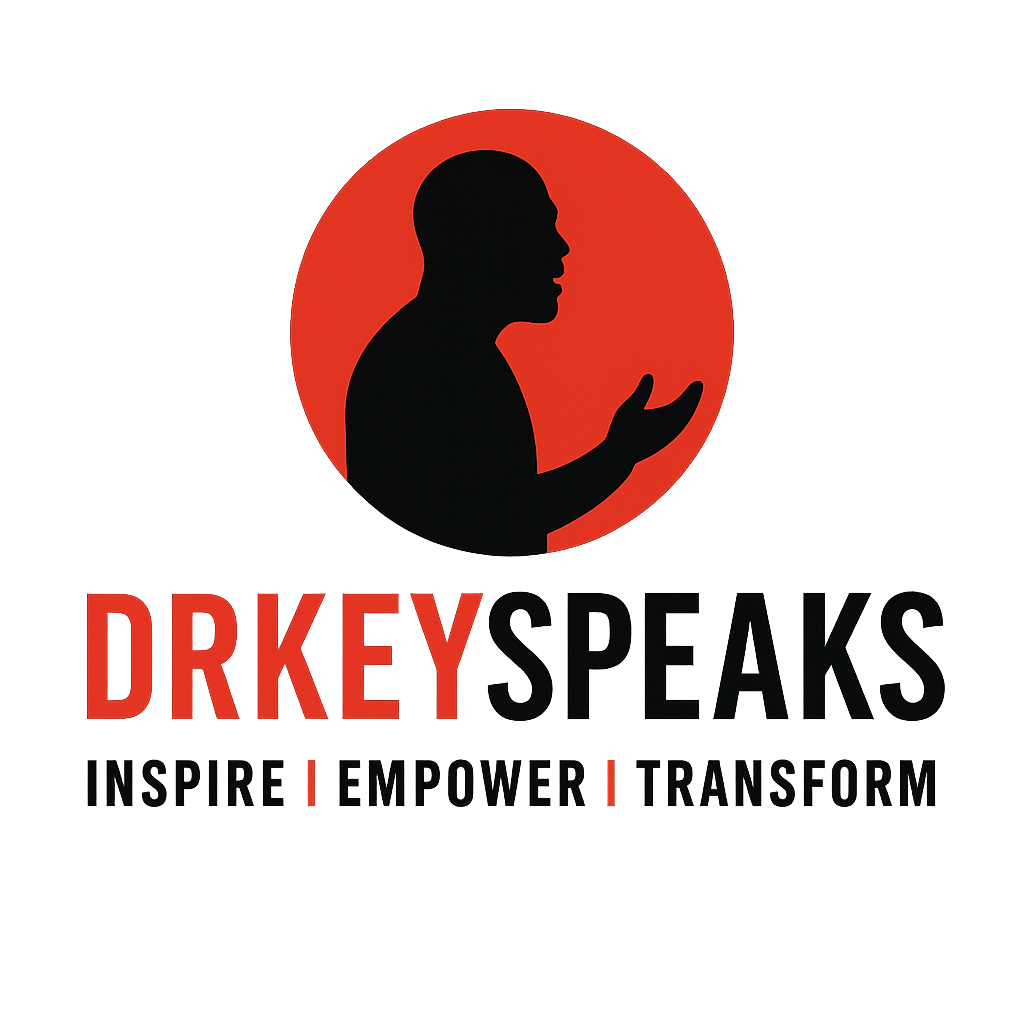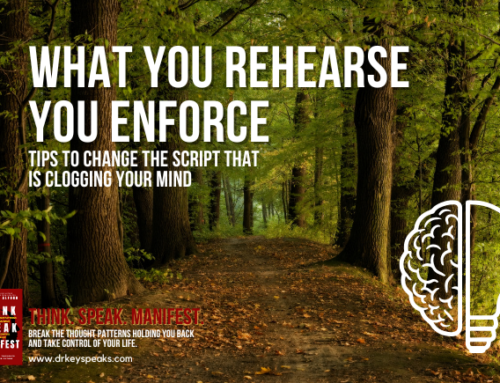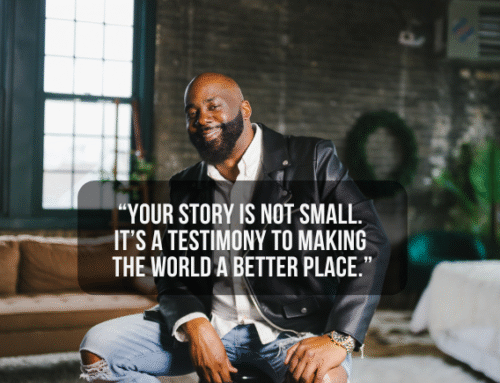This month reminded me why I wrote Oakland Hills, Milwaukee Rivers in the first place.
I had the privilege of speaking to 31 incoming male students, just weeks away from their first semester of college. They came from all walks of life—different backgrounds, different stories, different struggles.
And while we celebrated the excitement of starting college, I was honest with them: it will not always be glamorous. They will face moments that test them—moments where they will have to decide to overcome or walk away.
I know that reality well.
When I introduced my book, Oakland Hills, Milwaukee Rivers (First Edition), I also introduced me. Not just “Dr. Alford” standing in front of them—but Keyimani, the young man who had to make the choice to graduate high school despite poverty, despite lights being shut off, despite not having food or the best clothes.
I told them about growing up in a house impacted by drug addiction, and how it led me to live 2,000 miles away from my parents, often without contact. These were not polished stories—they were real-life accounts of survival, identity, and resilience.
And in that room, something happened.
It resonated.
It connected.
It shifted the energy.
They didn’t just see an administrator. They saw a person who had been where they are, who had fought through and finished.
Later that week, I returned to share how our institution is built to support them—but I also left them with a challenge: Reflect on why you are here. Know your why. And then, no matter how hard it gets, Finish What You Started.
That phrase isn’t just motivational. It’s the command that drove me to finally publish my book after 4.5 years of sitting on it. And now, it’s the same command I’m passing to them, because I know first-hand—resilience changes the story.
This week was proof that a book can be more than words on a page. It can be a bridge.
It can be a mirror.
It can be a catalyst.
And for me, Oakland Hills, Milwaukee Rivers will always be all three.




